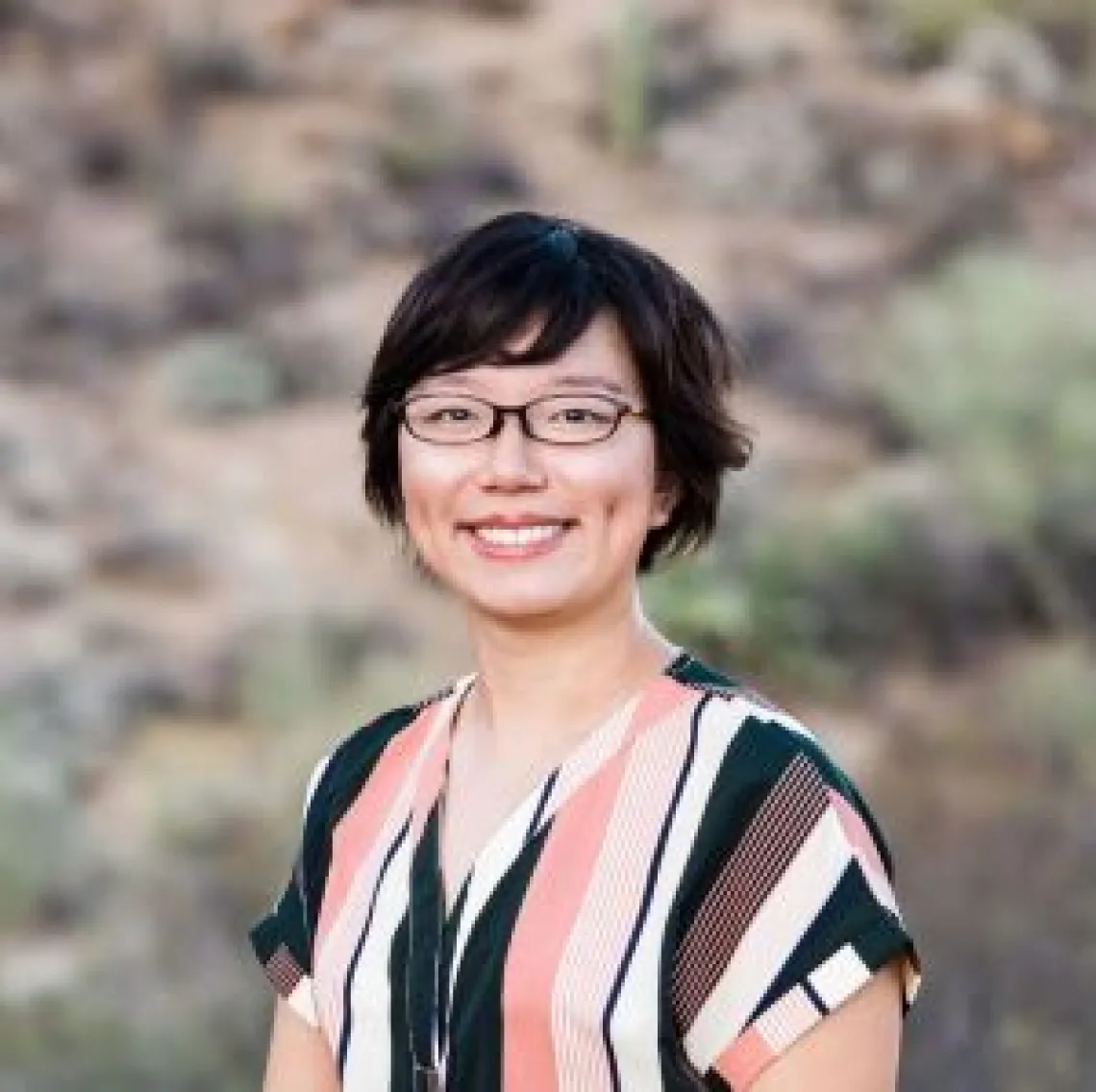Jingyi Li and Five Tips for Dissertation Research Support

Hello Graduate Students,
Due to the global challenges of the past three years, Jingyi Li had an especially long road in her search for dissertation funding. I greatly admire her intellect and persistence and am delighted to share her insights below.
Shelley
Hi! I’m Jingyi Li, a PhD candidate in East Asian Studies. I’ve applied to several grants for my dissertation research, and I wanted to share my experience of both success and failure.
My research focuses on nineteenth-century Japanese literati networks. In particular, I study the professional and amateur intellectual figures through their participation in celebrity gatherings. While underexamined in existing scholarship, these gatherings were key in disrupting the boundaries of cultural hierarchy in early modern Japan as emerging literati accumulated increasing cultural capital. My project requires an extensive number of primary sources such as woodblock printed advertisements and hand-painted fans produced in the nineteenth century. Most of these materials are preserved in Japanese libraries and museums, so from the beginning I knew I would need a substantial grant to fund this research.
I started attending grant writing workshops two years before applying for dissertation research grants. During the two years, I also applied to smaller grants that funded travel, conferences, and most importantly, preliminary research. The experience I gained from writing for these grants was crucial because they helped me better understand the process of grant writing and find an effective way to plan and write the proposals. In addition, I volunteered as a grant judge for the Graduate and Professional Student Council (GPSC) grants, which allowed me to have an idea of the judging process, especially what the judges might be looking for when there are dozens of proposals to read through.
In 2019, I applied to several grants for my dissertation research, including the Fulbright-Hays Doctoral Dissertation Research Abroad (FH DDRA) award. My first attempt at FH DDRA failed because my proposal was not clear enough in its theoretical framework and my documents did not upload properly. The latter was a technical issue: for each supporting document, the portal only accepts one combined PDF file even if there are multiple documents, which I learned the hard way.
I was awarded another grant but, due to the pandemic, Japan closed its borders for almost three years. In 2022, the successful grant would expire, so I had to apply for dissertation research grants again in 2021-2022. I applied to the Japan Foundation Doctoral Fellowship and the FH DDRA. I was lucky enough to be awarded both and had to turn down FH DDRA due to conflicts. The entire process of applying for dissertation grants thus lasted about three years, which is unusual. I sincerely hope it never happens to anyone again. However, I did have a lot of time to reflect on my writing process, and below are a few points that might be of help to students planning to apply for funding.
- Research the timeline and plan ahead as much as possible. Sometimes the supporting documents are the most time-consuming, such as reference letters, language evaluations, and affiliation letters. When asking others for help with these documents, respect their time and leave them as much time as possible.
- Make the most of the word limit. Eliminating any unnecessary sentences, words, and fillers in the writing takes much effort, but it also makes an efficient proposal. Assume the judge has little time to read the proposal and tailor the structure, layout, and format to the review criteria.
- Use colleagues and campus resources, like the graduate writing tutors, for peer review. Getting feedback is the best way to ensure that a proposal makes sense to other fields and disciplines, is rid of jargon, and has a clear explanation of methodology or theoretical framework.
- Have faith in the project. The writing process can be long and lonely. After so many drafts, there were many times that my inner imposter questioned me and my project. I had to remind myself that I trained hard and polished my work for so long, and that hard work would eventually pay off.
- Utilize any resource. The university has a lot of resources such as workshops, talks, and writing groups for grant writing. The goal is the same, but each has a slightly different approach. I attended grant writing events as much as I could but also made sure to adjust the tips and advice to my own research, writing, and working style.

